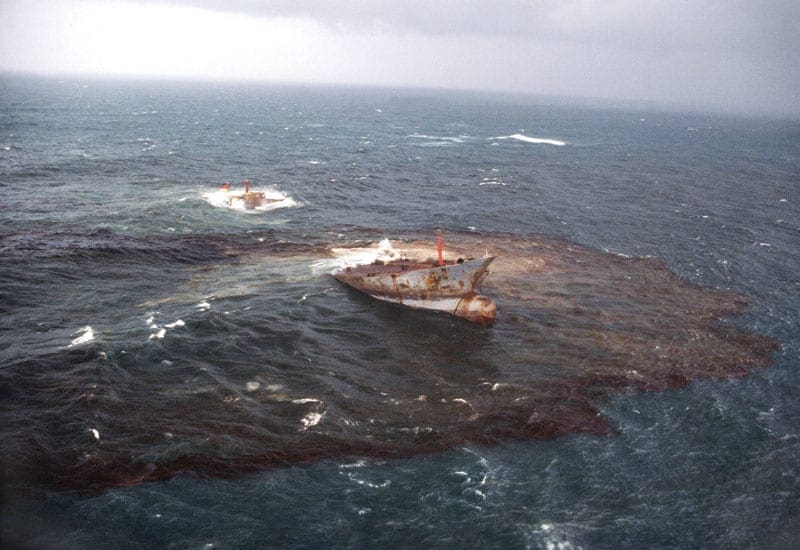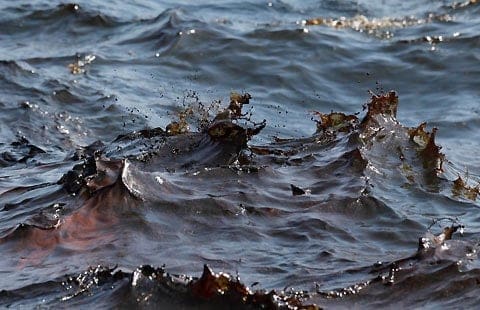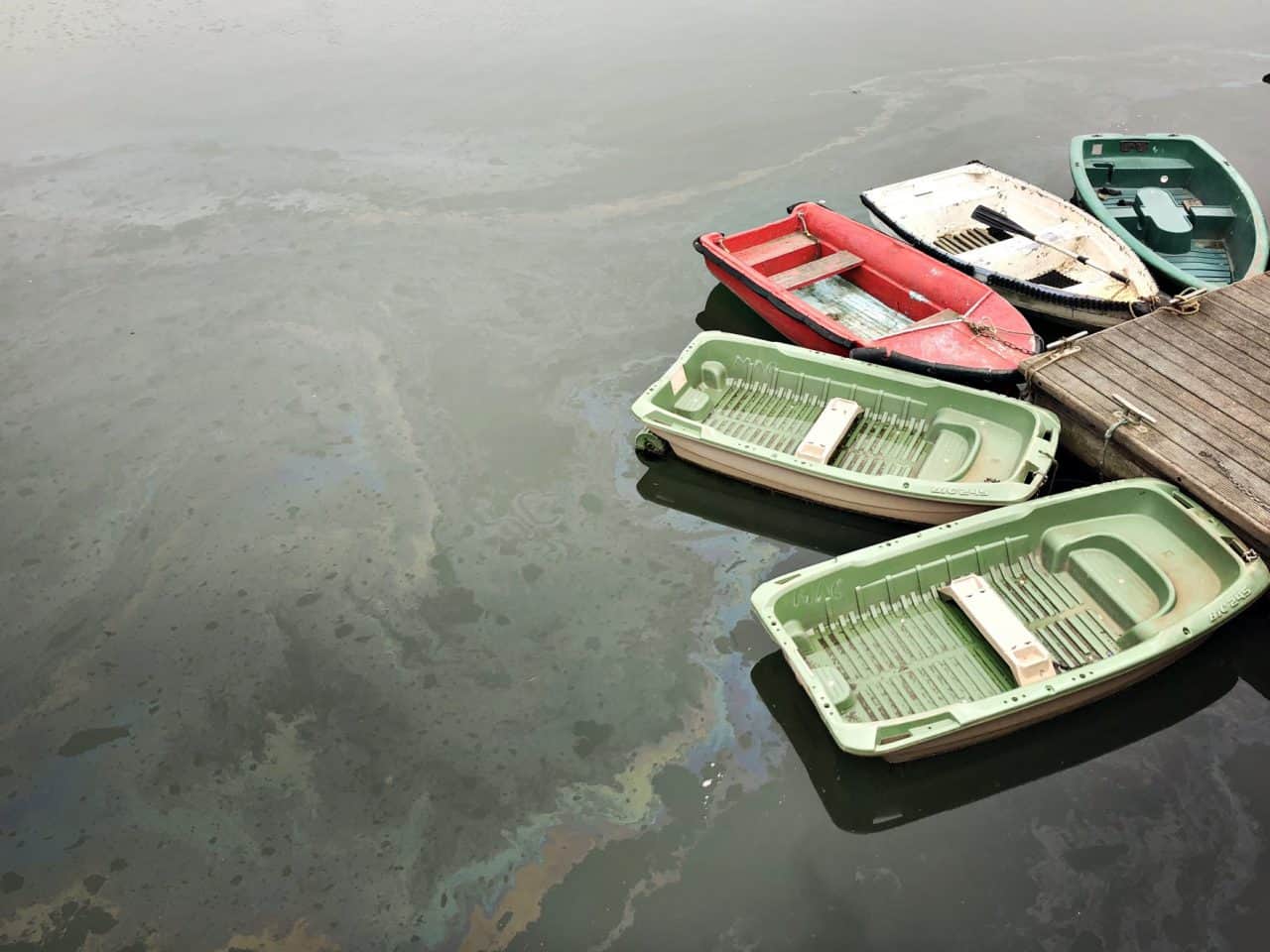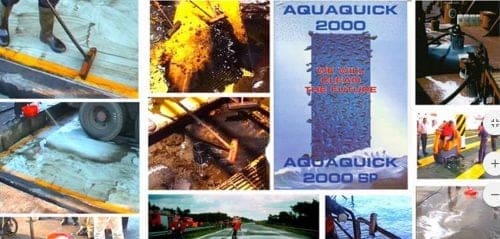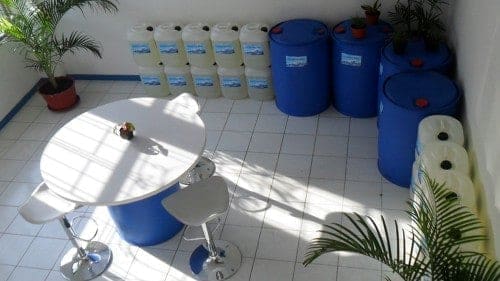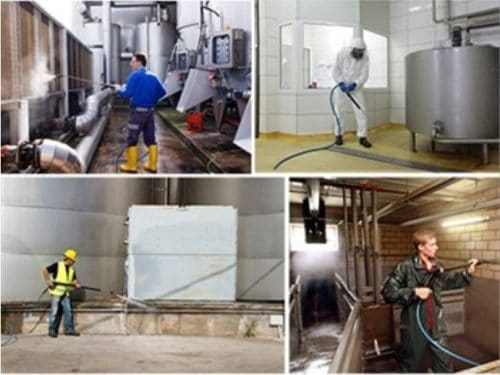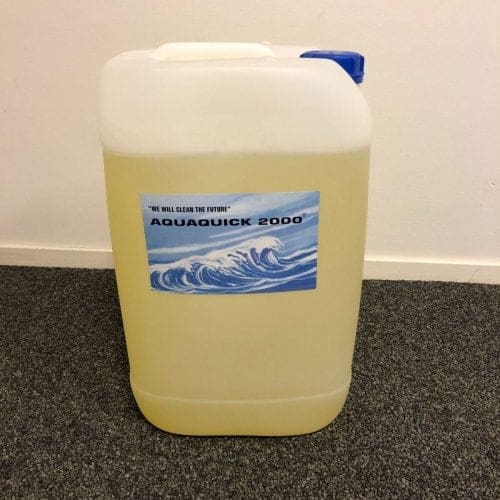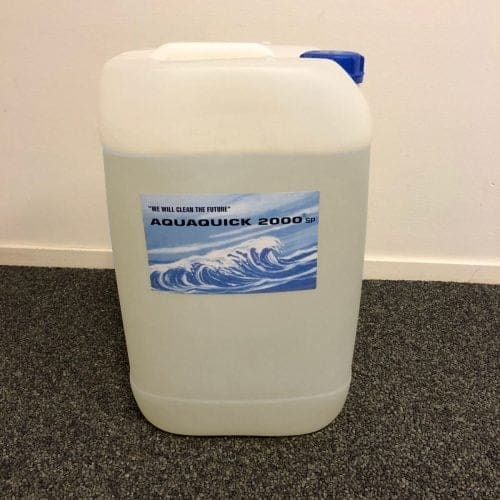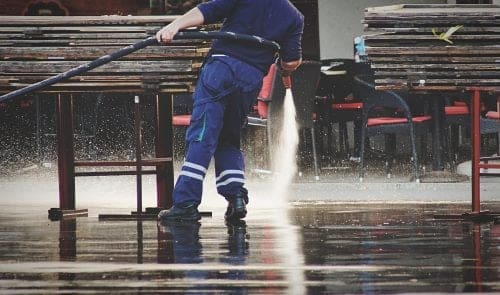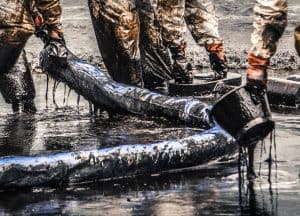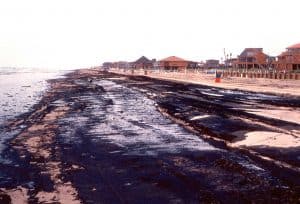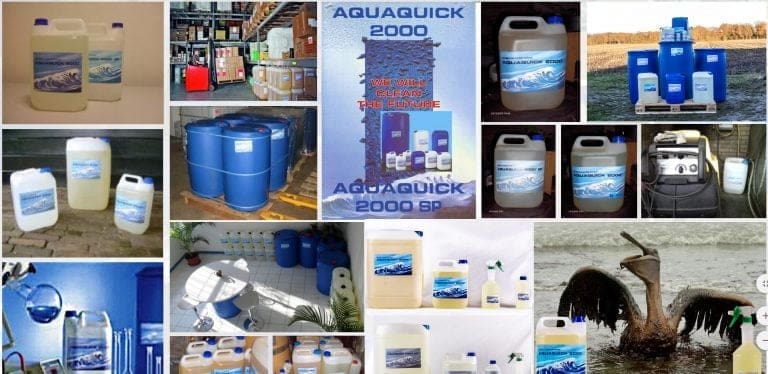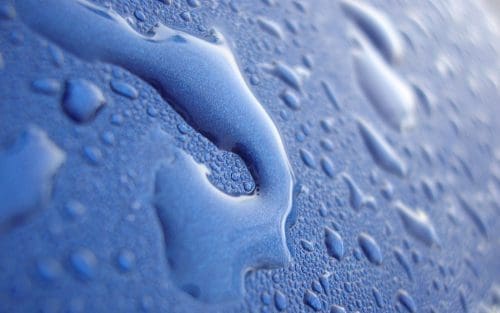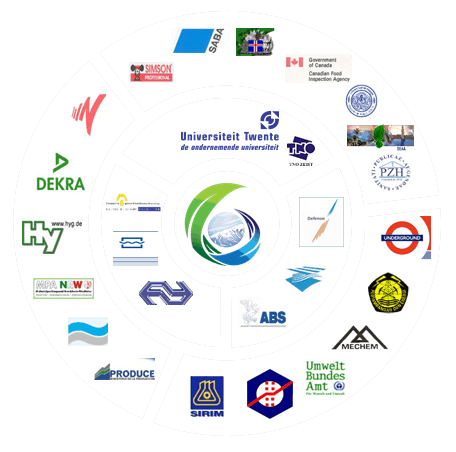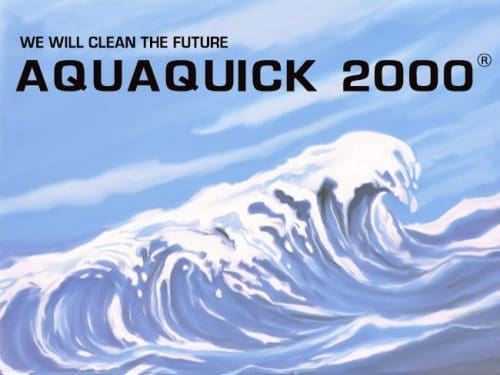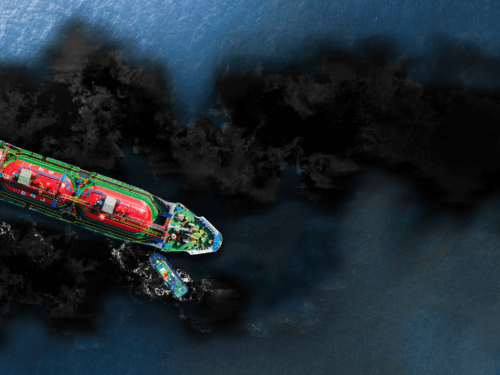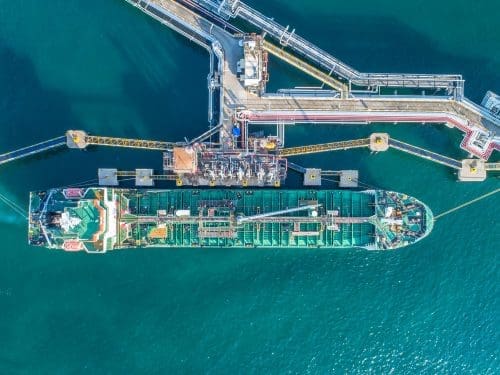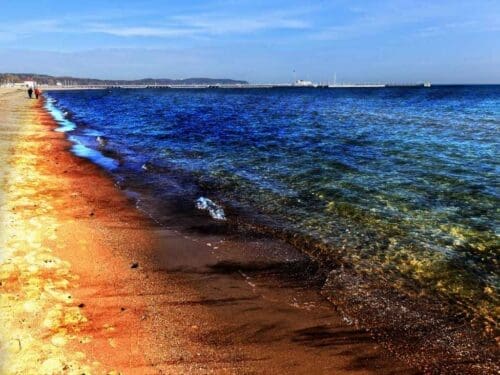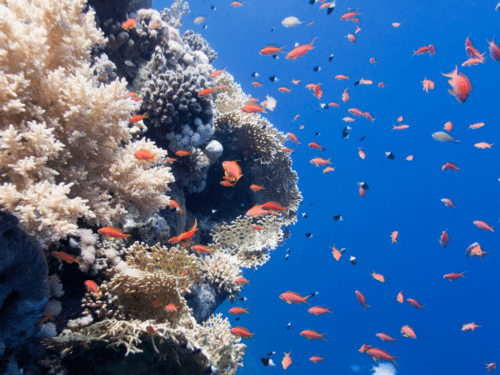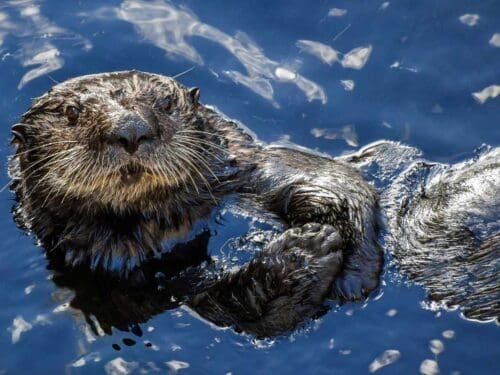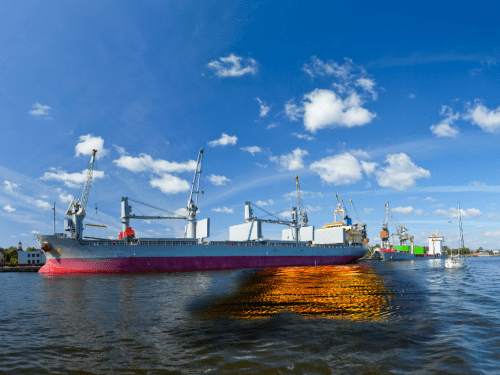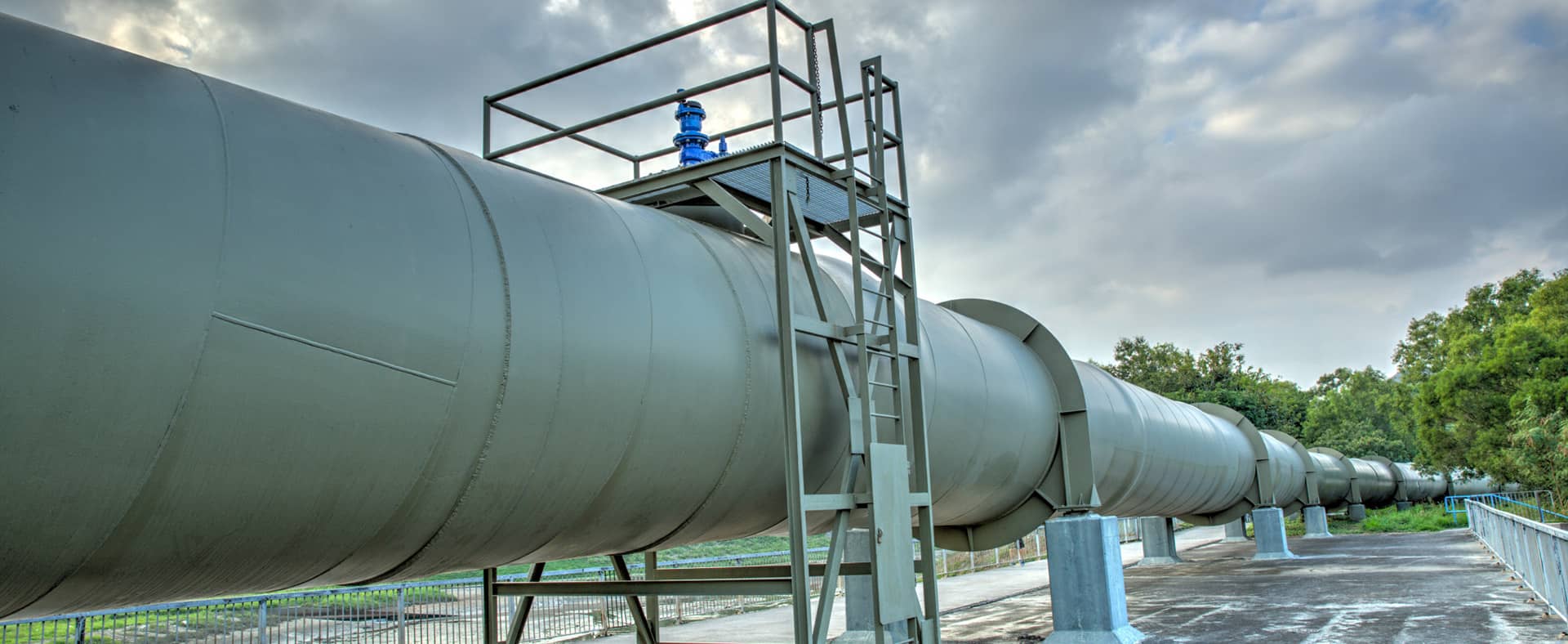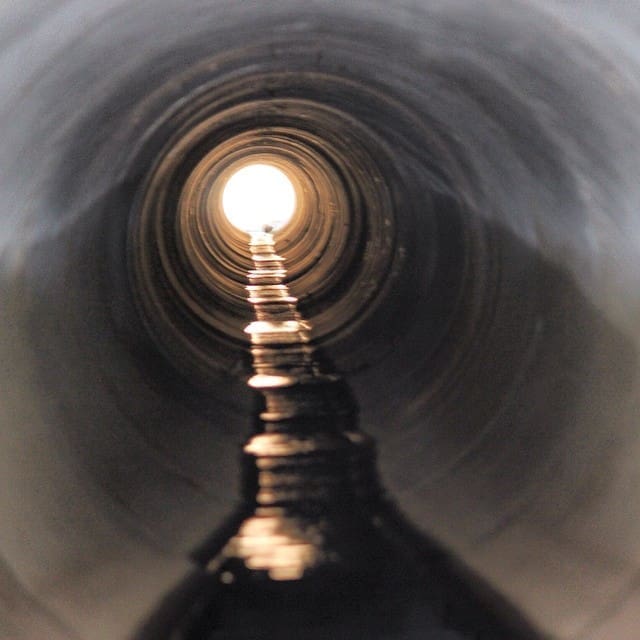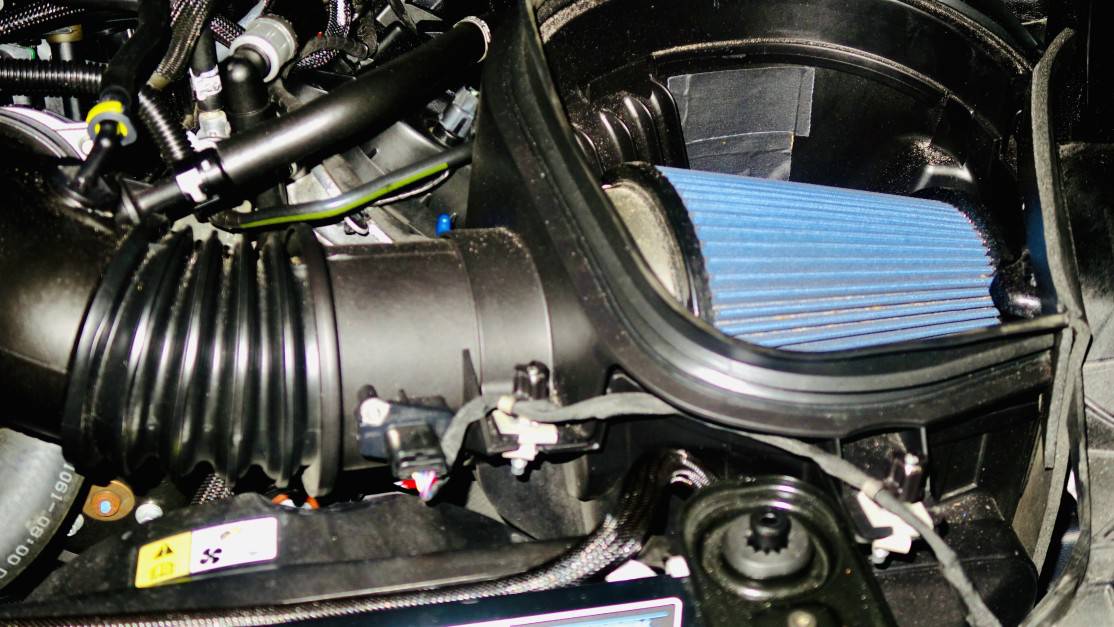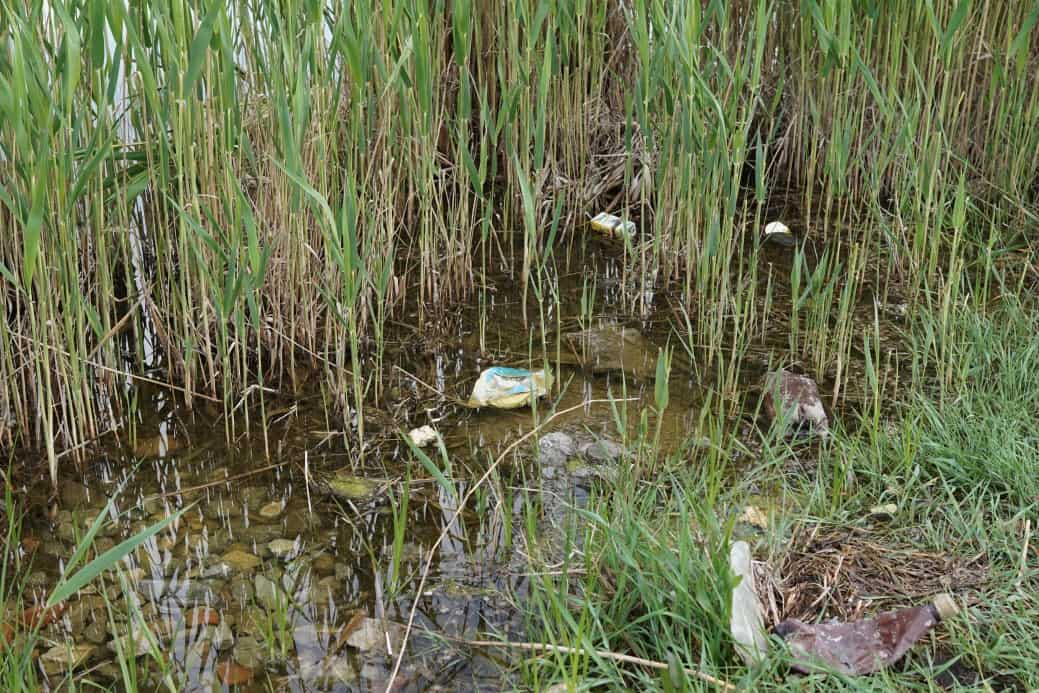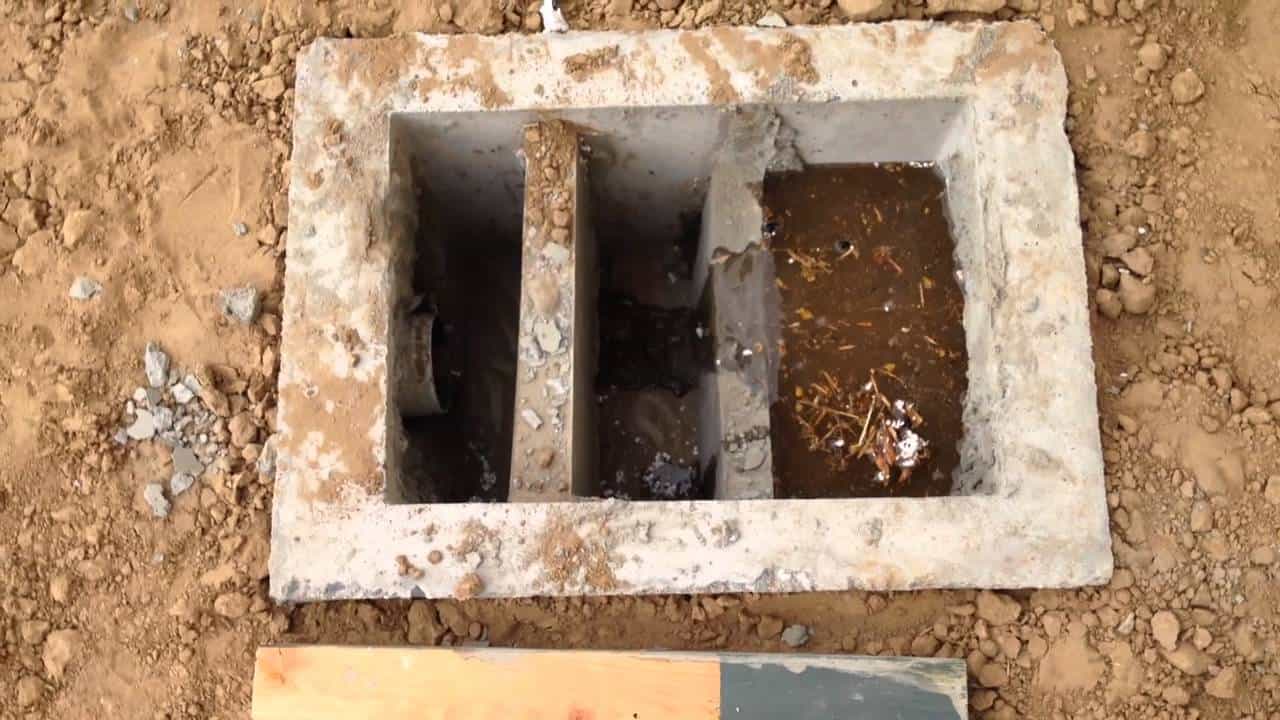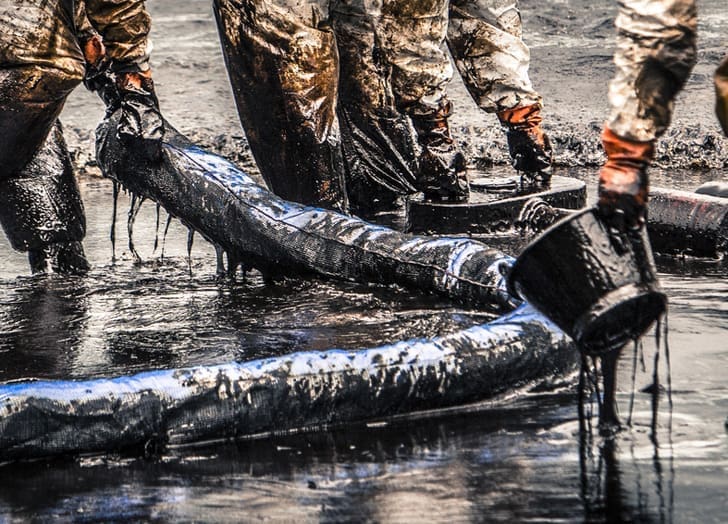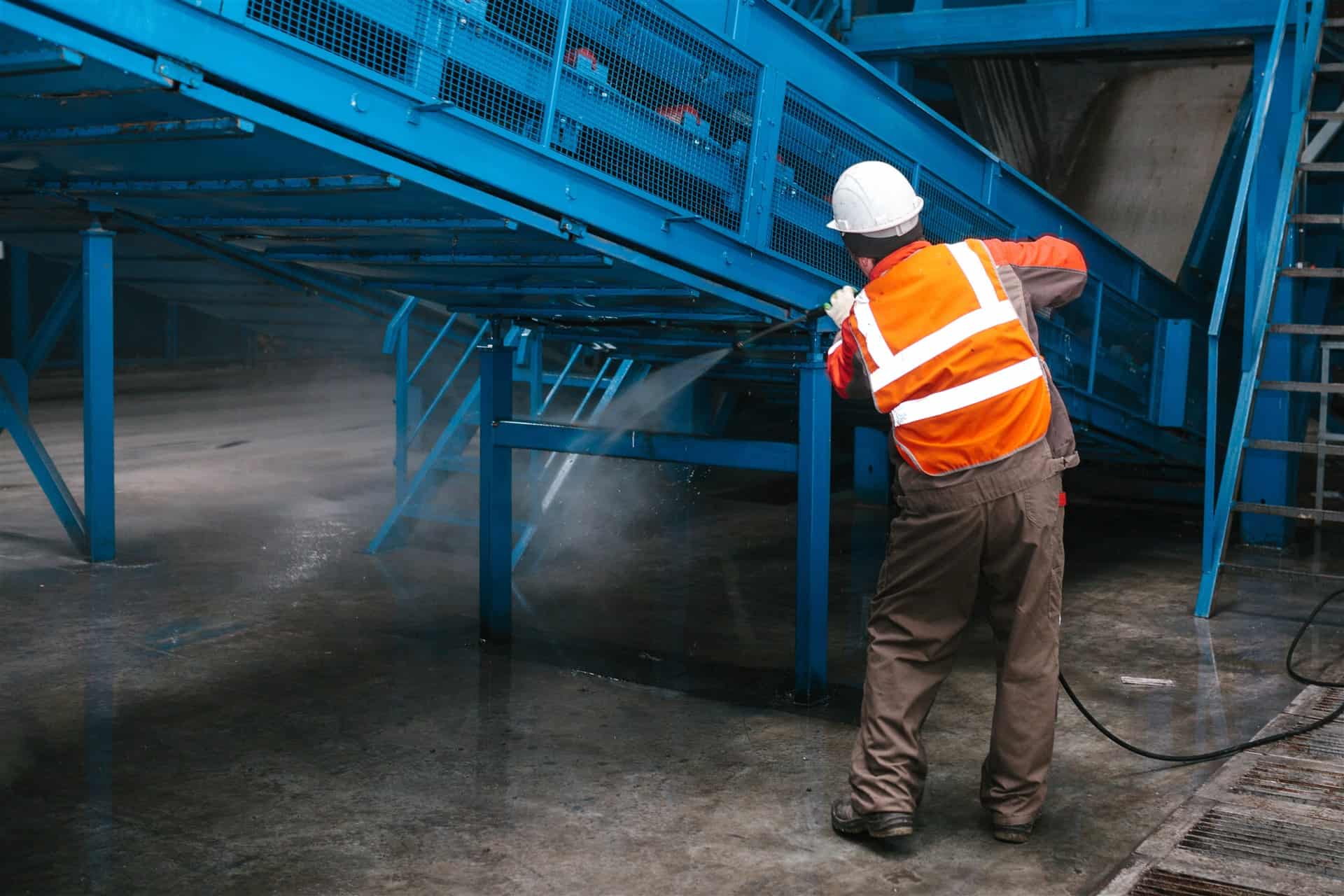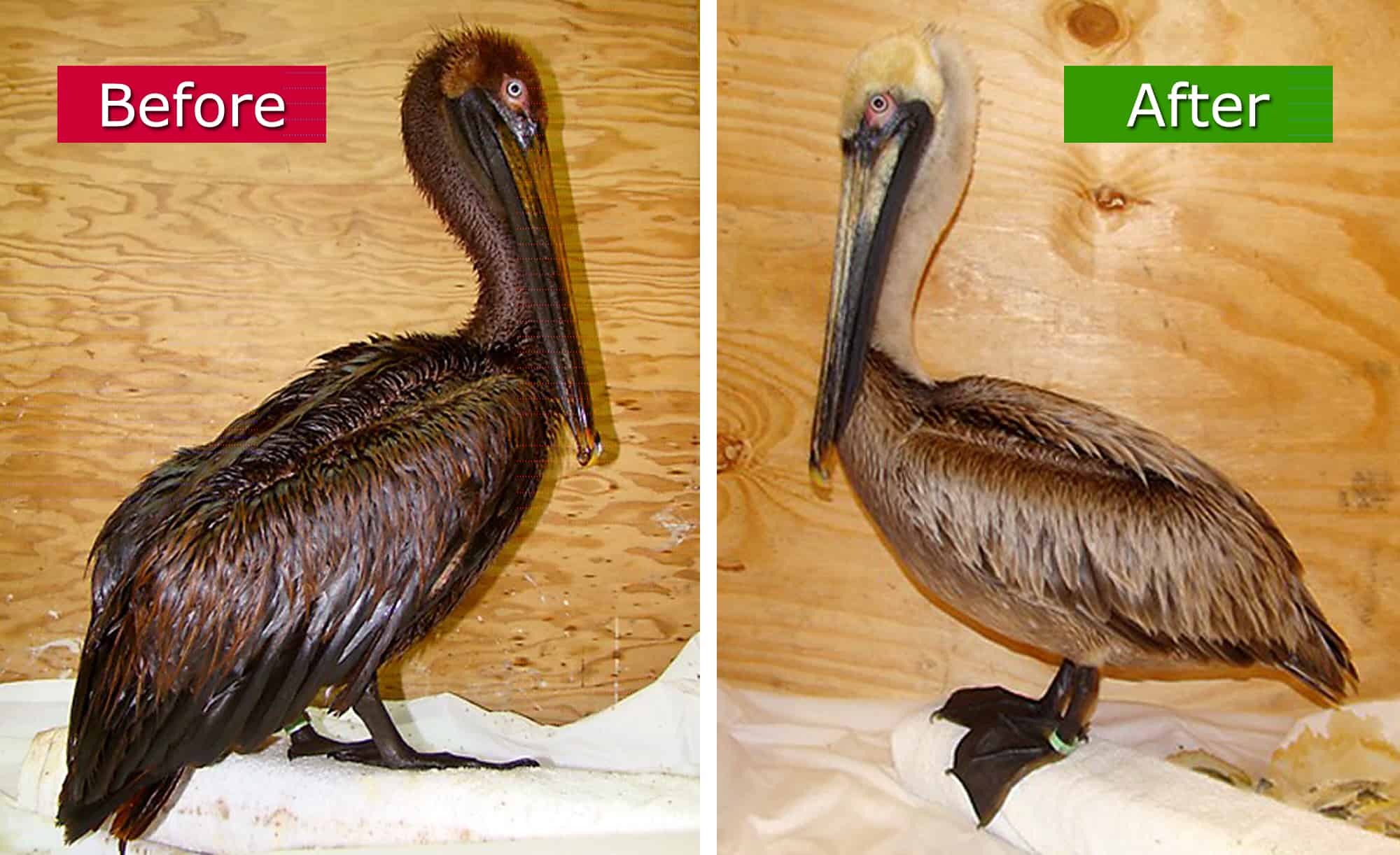
Oil Sea Spill Cleaning Application with AQUAQUICK 2000
What is a Sea Spill and how is it caused?
Sea spill have very devastating effects on water life, as well as on the functioning of the marine ecosystem. Oil spills into the ocean are usually causes by accidents involving pipelines, storage facilities, barges, tankers, drilling rigs and refineries. It can also be caused by equipment breakdown, people being careless or making mistakes, natural disasters like hurricanes and more.
Oil floats on the ocean, and it often spreads out rapidly across the surface of the water in order to form a thin layer, which is called oil slick, and as the oil continues to spread, this layer become thinner, finally becoming a sheen.
When we talk about preserving marine animals and species, sea spill is something that should be prevented. The marine ecosystem is at risk of malfunctioning and imbalance once oil spills happen. Generally, sea spills are caused by shutting down of marine facilities, equipment, tankers, pipelines and a lot more. Once there is an equipment breakdown in the water, oil spill can truly hard to manage.
The fact that oil is insoluble with water, it will end up floating on the surface of the ocean spreading rapidly than you can imagine. As soon as it’s spread through the surface of the water, it will form a thin coat or sheet called the oil slick. The coat can become smaller and thinner until it looks like a sheen.
Science explains that the causes of rapid will naturally spread and disperse under the influence of several factors of sea spill are natural elements such as the strong current of the waves and the wind. In most instances, sea spills can extremely endanger marine species.
As mentioned above oil spilled at sea will naturally spread and disperse under the influence of several factors like the wind, currents and waves. Depending on the situation, oil spills on ocean can be extremely dangerous to marine mammals and birds, and it can also bring negative impacts to shellfish and fish. Oil destroys the fur-bearing mammals like otters’ insulating ability. It also damages the water-repelling ability of the bird’s feathers, exposing them to such chemicals.
The immediate impact of smothering and toxic oil waste is more than the contamination of fish and some other food species. it can create negative effects to fish and crustaceans that serve as food for humans. Oil spills can severely cause a high rate of mortality to fishes due to contamination. Oil wastes are toxic materials that can result to ecological imbalance for marine and food species. The impact can be long-term and may get worse each passing day.
Moreover, coastal organic substrates that are quite sensitive are also severely affected by sea spill. Oil waste can change the food chain where marine animals depend for survival. As a result, the reproductive ability of these animals is also affected at the worst case until they no longer reproduce.
To minimize and handle of the alarming result of sea spills, a number of government agencies as well private organizations are helping hands for the resolution to this problem. They produce and utilize various tools in order to clean up the mess to arrive at the best results. Booms and skimmers are the common utilities for cleaning sea spill. In some cases, vacuums are also used to remove the oil in the surface. Using low-pressure and high-pressure hoses are also effective.
Overall, cleaning up sea spill can be complex and dangerous but with the use of efficient and convenient technology; it can be easier and faster. AQUAQUICK 2000 that is a state-of-the-art tool is the best solution to sea spills. Not only that it is safe but it also doesn’t pose any risk to marine species.
Governments involve themselves when it comes to a sea spill cleanup
When sea spill happens, many government agencies and private organizations volunteer to respond to the problem. People use different tools and methods to clean up the spilled oil. However, it is important to note that the methods used to clean up sea spill depend on the characteristics of the oil and the kind of environment involved.
Some use booms, which serve as floating barriers to oil, while others use the skimmers. These are boats the scoop or skim the spilled oil from the surface of the water. The use of vacuum trucks is also practiced, vacuuming the spilled oil off the water surface or off the beaches. The washing of oil off the beaches with the use of low-pressure or high-pressure hoses is also conducted. However, a reliable site, www.aquaquick2000.com, presents the most effective way to clean oil on sea surface and to protect the marine life.
Indeed, Sea Spill cleanup and response is a very complex matter and a hazardous situation to be involved in. Therefore, it is important to use a good product to ensure that the process is a success. AQUAQUICK 2000 is cleaning any oil or fuel-based sea spill. It is safe and does not cause any health risks to living organisms at sea and it protects the marine life. It is non-toxic to many aquatic organisms.
Why use AQUAQUICK 2000?
AQUAQUICK 2000 is the most suitable cleaning agent when it comes to cleaning oils, fats, fuels, minerals etc. The AQUAQUICK 2000 product has been around for many decades and hold a large quantity of accreditations, showcases, user testimonials and lab results. AQUAQUICK 2000 is a product that stands out far from solutions that are offered by competitors.
When it comes to contamination, you’re completely aware that it contains chemicals, oils, and sewage in barrier. You have to ensure that it’s well maintained and safe for users and the environment. During these maintenance sessions AQUAQUICK 2000 will have a great result that often leads to a reduction of hours to clean it as well as a reduction in cost.
